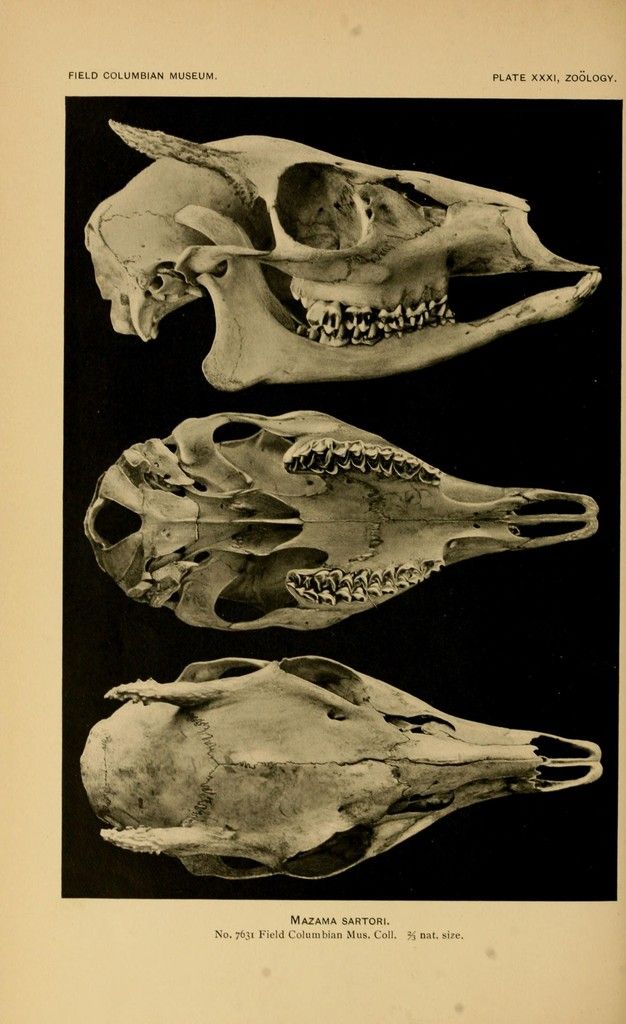Brain's Self-Cleaning Process during Sleep: Insights into the Glymphatic System
Alright, buddy! Get ready to dive into the fascinating world of the human brain's self-cleansing system – the glymphatic system! This badass mechanism helps maintain optimal brain function by flushing out the nasty waste products that build up during our cognitive processes. Yeah, it's like your body's own personal waste disposal system, designed to keep your brain running smoothly.
So, what's this glymphatic system, exactly? It's a network of fluid pathways in the brain that work alongside blood vessels, using cerebrospinal fluid (CSF) to remove all that brain-toxic stuff. You've got both amyloid-β and tau proteins on the chopping block here, and they're the ones linked to neurodegenerative diseases like Alzheimer's. And the coolest part? This system works especially hard during deep sleep, also known as slow-wave sleep. That's when it really gets to work and gives your brain a good clean.
But how does it do all that waste clearance? The system relies on the expansion of the brain's interstitial space (that's the space between cells) during deep sleep. This expansion allows the CSF to flow more easily through brain tissue, making waste removal a breeze. Bye-bye, harmful proteins and metabolic byproducts – hello, clear pathways for essential nutrients to reach your brain cells!
So, what can we do to keep this incredible system running smoothly? First and foremost, deep, uninterrupted sleep is key. Think of it as quality shut-eye turbo-charging your glymphatic system's waste-removal superpowers. But it's not just about the hours of sleep – making sure your sleep is actually deep and uninterrupted is just as important. Need a few tips to help enhance your snooze time? Check it:
- Stick to a consistent sleep-wake cycle. Reinforcing your circadian rhythm (your body's internal clock) will help your sleep go down easier and deeper.
- Create a cool, dark, and quiet bedroom. These sleeping conditions will help promote restorative sleep and keep your brain running at its best.
- Minimize screen exposure and caffeine intake in the evening. Limiting your screen time and reducing caffeine consumption in the hours before bed will help support better sleep.
In addition to good quality sleep, there are a couple of other things you can do to boost your glymphatic system's waste-removal prowess:
- Give your lymphatic vessels a little squeeze! Mechanical stimulation of the lymphatic vessels under the skin of your face and neck has been shown to enhance CSF flow and boost brain waste clearance without any invasive procedures or drugs.
- Take good care of yourself as you age. Maintaining vascular and lymphatic health with age can help preserve glymphatic function and keep your brain running smoothly as the years pass.
But wait, there's more! Scientists are working on some exciting new technology to help us monitor and improve our glymphatic system's performance. Wearable devices like head caps embedded with electrodes can now measure fluid shifts, neural activity, and blood vessel changes in real-time during sleep, allowing us to optimize our interventions and potentially delay or prevent neurodegenerative diseases like Alzheimer's.
Enhancing this system's efficiency can also be achieved through targeted stimulation of lymphatic vessels in the face and neck region, a promising therapeutic approach that may help reduce the risk of age-associated cognitive decline.
So, there you have it – your comprehensive guide to the badass glymphatic system and how you can keep it running smoothly. Deep, uninterrupted sleep, mechanical stimulation of facial and neck lymphatics, and cutting-edge technology? Sign me up for all of that! Let's stay one step ahead of neurodegenerative diseases and keep our brains firing on all cylinders. Rock on!
- The glymphatic system, a network in the brain, aids in maintaining optimal brain function by utilizing cerebrospinal fluid (CSF) to eliminate waste products linked to health issues like Alzheimer's.
- During deep sleep, this system ramps up its waste removal capacity, flushing out harmful proteins and metabolic byproducts, opening clear paths for nutrients to reach brain cells.
- To maintain the glymphatic system's efficiency, prioritizing deep, uninterrupted sleep is crucial, such as by adhering to a consistent sleep-wake cycle and creating calming sleep environments.
- Lifestyle choices, like minimizing screen exposure and caffeine intake in the evening, can further enhance sleep quality for better glymphatic system performance.
- Mechanical stimulation of lymphatic vessels under the skin of the face and neck can also boost waste clearance from the brain, providing a non-invasive alternative.
- Innovative technologies, such as wearable devices, are in development to help monitor and improve the glymphatic system's effectiveness, potentially delaying or preventing age-related neurological disorders like Alzheimer's.








